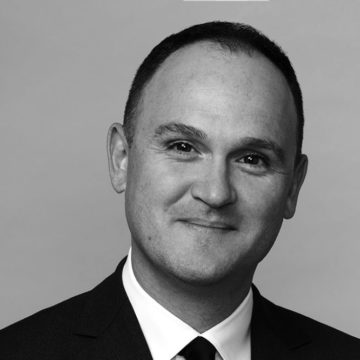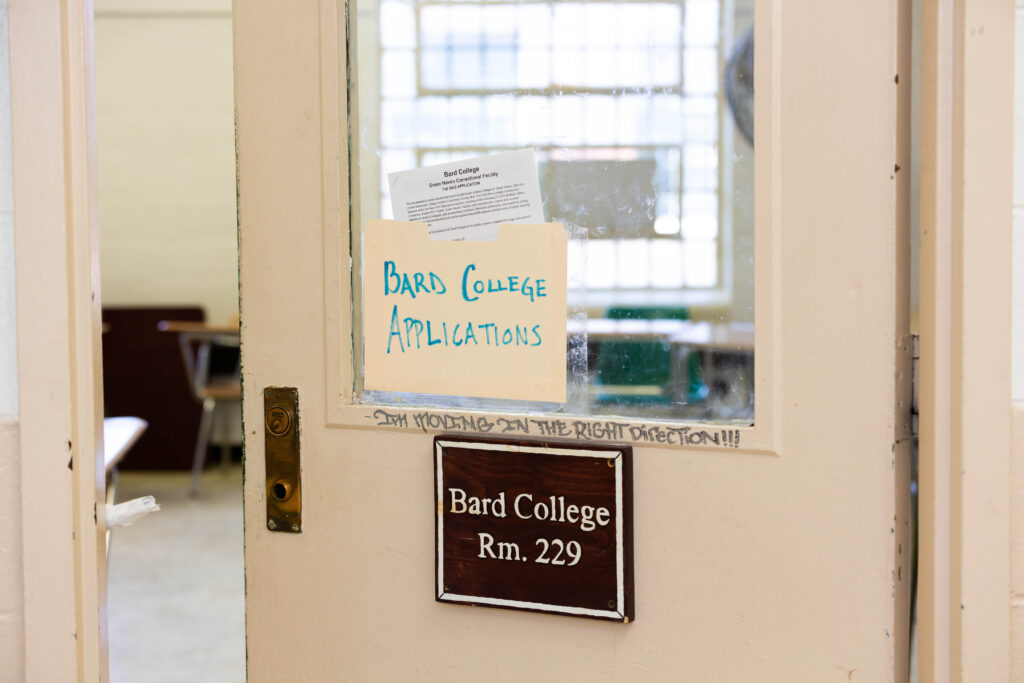
BPI’s Executive Director Max Kenner sat down with Sarah Brown on the Better Angels Podcast, originally posted on Their World and reproduced below.
“I think you’re exactly right that mass incarceration is a symptom, if not the most prominent system of structural racism in the United States. One of the problems I have, talking not just as two white people, but as two liberal white people, about something like structural racism is that it’s so easy and so common to cast the blame elsewhere – at conservatives, at law enforcement, at whatever, right? Somebody other than ourselves – and the truth is, that liberal institutions in the United States have failed dramatically when it comes to structural racism, being inclusive in general, or – even more general, engaging the most ambitious and capable talent in the United States, right? They are leaving our best minds on the table, disengaged. So, the example that we can set at BPI, is first of all is highlighting the achievements and careers of our alum, who go on to do extraordinary things, but secondarily, and this is most important, always pushing the envelope of where we can do the most dignified kind of education and what kinds of people that is relevant to. And you’re right, we believe that’s anybody, but the fact is the way we distribute our resources in our university systems in the United States reflects that in no way whatsoever.”
Max Kenner, founder and executive director of the Bard Prison Initiative in the United States, discusses the impact of prison education with Sarah Brown. As he says, ‘nothing does more to create a sense of hope and purpose in otherwise desperate places than the opportunity to learn’.
A leading advocate for his cause, Max’s program enrolls jailed men and women in academic courses that culminate in a degree from the prestigious Bard College in New York.
He has a battle on his hands to make the case for prison learning in a country with the highest incarceration rate in the world, which sees 630,000 prisoners released annually, only for nearly 50 percent to end up back in prison within five years.



